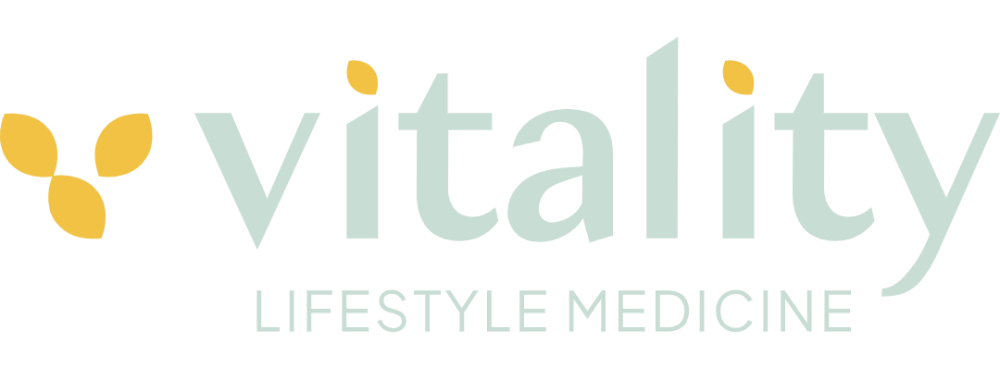Why alcohol hits harder after 40
Nov 24, 2025
When one glass feels like three
If it seems like your tolerance for alcohol has changed in recent years, you are not imagining it. Many women notice that a single glass of wine can now lead to a restless night, a fuzzy head, or an afternoon slump the next day.
As we move through midlife, the body processes alcohol very differently than it once did, and those changes have real effects on energy, weight, and long-term health.
Slower metabolism and lower water content
Alcohol, or ethanol, is metabolised mainly in the liver by enzymes that break it down into acetaldehyde and then acetate. As we age, liver enzyme activity slows, meaning it takes longer to clear alcohol from the bloodstream.
Women also naturally have less body water than men, and that proportion declines further with age. With less water available to dilute alcohol, blood alcohol concentrations rise more quickly, leading to stronger and longer-lasting effects.
Even moderate amounts can cause dehydration, blood sugar fluctuations, and poor-quality sleep. Over time, these effects add up, contributing to fatigue, mood changes, and increased appetite.
Hormonal shifts and insulin sensitivity
Falling oestrogen levels in perimenopause and menopause reduce insulin sensitivity, which means the body has to work harder to control blood sugar. Alcohol adds another layer of disruption.
It interferes with the liver’s ability to maintain steady glucose levels and increases the risk of both high and low blood sugar. Regular drinking also encourages fat storage around the abdomen by promoting higher insulin and cortisol levels.
This combination is one reason alcohol is a well-established risk factor for type 2 diabetes. In women over 40, these effects are amplified by hormonal changes and a slower metabolic rate.
Weight gain and appetite regulation
Alcohol provides about seven calories per gram, nearly as energy-dense as fat. It also disinhibits appetite control, making it easier to overeat and harder to make nourishing choices.
Even small amounts consumed regularly can increase daily calorie intake significantly, especially when combined with disrupted sleep and higher stress hormones.
Studies show that alcohol alters levels of leptin and ghrelin, hormones that regulate hunger and satiety, leading to stronger cravings for carbohydrate-rich foods.
Increased cancer risk
Alcohol is classified by the World Health Organisation as a Group 1 carcinogen, meaning there is sufficient evidence that it causes cancer in humans. The risk increases with the amount consumed, but there is no completely safe threshold.
In women, alcohol is strongly linked to breast cancer, as well as cancers of the liver, bowel, and mouth. The mechanism is partly related to how alcohol increases oestrogen levels and damages DNA. Even low levels of drinking (around one standard drink per day) have been shown to raise breast cancer risk by about 10-20%.
Sleep and mental health
Alcohol can make you fall asleep more quickly, but it disrupts the deeper, restorative stages of sleep. This leads to poorer sleep quality, more night-time waking, and next-day fatigue.
It also interferes with neurotransmitters such as serotonin and GABA, which can affect mood regulation. Many women notice that alcohol, once used to “wind down”, actually worsens anxiety, irritability, and low mood over time.
Reconsidering your relationship with alcohol
The message is not that you must never drink, but that your body in midlife is different from your body at 25. The same glass of wine has a stronger and more prolonged impact on your metabolism, hormones, and long-term health.
Choosing more alcohol-free days, staying hydrated, eating before drinking, and being mindful of portion sizes can make a meaningful difference. Even small reductions in intake improve sleep, energy, and metabolic health within weeks.
Your body is not punishing you; it is asking for a little more care and balance as it adapts to a new stage of life.

